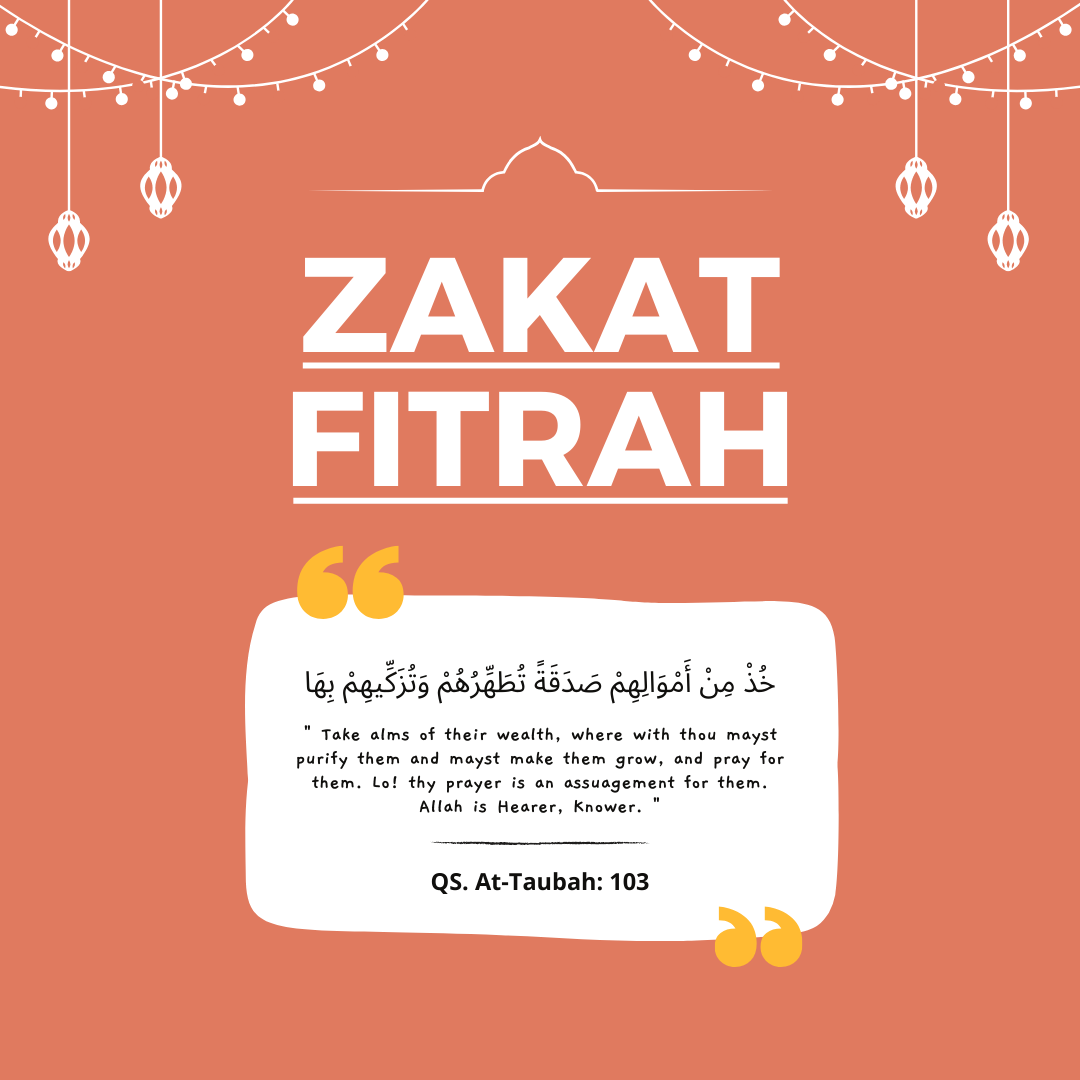
The word “zakat” translates to “purification” in Arabic. It signifies the act of cleansing one’s wealth by sharing a portion with those in need. This practice, rooted in the Quran and the teachings of Prophet Muhammad (peace be upon him), emphasizes the ethical responsibility of individuals to contribute to the well-being of their community.
Zakat is to be given yearly to those eligible. Because zakat has very specific rules, Kama Relief takes extra caution to make sure that your zakat is handled and distributed properly, with minimal fees, and to those eligible to receive zakat funds.
Who is Obligated to Give Zakat?
Zakat is obligatory for all financially capable Muslims who meet specific criteria. This includes having possession of a minimum amount of wealth (known as the nisab – value of 85 grams of gold or 595 grams of silver) for a specific period (a lunar year). If an individual’s wealth exceeds the nisab, they are required to donate 2.5% of its value, once one year has passed, to designated recipients.

The Eight Categories of Zakat Recipients
The Quran identifies eight categories of individuals and causes deserving of zakat:
- The poor: Those who lack the basic necessities of life.
- The needy: Those who have some means but are insufficient to meet all their essential needs.
- Zakat collectors: Individuals appointed to collect and manage zakat funds.
- To Incline the Hearts: Those who are open to Islam, or a Muslim to strengthen his faith or ward of evil.
- Those in debt: Individuals struggling with debt who cannot fulfill their obligations due to circumstances beyond their control.
- For the Cause of Allah: Those defending in Allah’s cause.
- Travelers: Muslims who are stranded or in need of assistance during travel.
- Freeing Captive: To free a Muslim imprisoned or kidnapped.
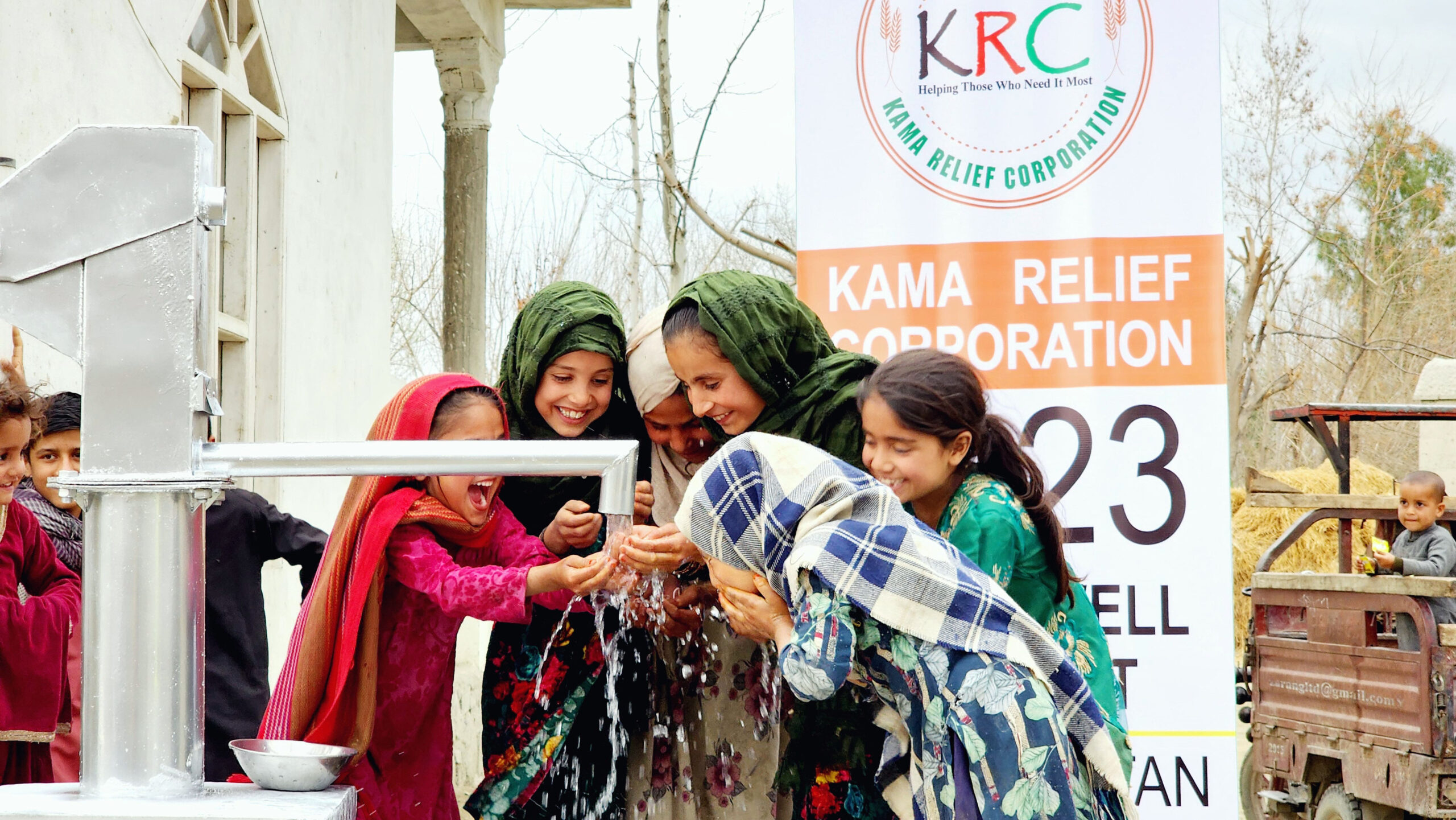
Wisdom of Zakah (from islamqa.info)
With regard to the reason behind the prescription of zakah , the scholars have mentioned many reasons for it, including the following:
1 – To complete and perfect a person’s Islam, because it is one of the pillars of Islam. If a person fulfils it, his Islam is complete. Undoubtedly this is an important aim for every Muslim, and every believing Muslim will strive to perfect his faith.
2 – It is indicative of a person’s sincerity of faith, because wealth is dear to people, and something that is loved will not be given up except for something that is equally or more loved, or rather for something that is more loved. Hence it is called sadaqah, because it is indicative of the sincerity (sidq) of a person’s desire to please Allah, may He be exalted.
3 – It cleanses the character of the one who gives it, so that he is saved from being a miser and is included among the generous, because if he accustoms himself to giving, whether it is giving knowledge or giving wealth or using his position to help others, that giving will become a characteristic for him and will be part of his nature, until he gets upset if there is a day when he does not give. Like the hunter who gets used to hunting, if one day he does not hunt, you will find him feeling anxious. Similarly the one who has gotten used to being generous will feel anxious if he does not give some of his wealth or use his position to help others one day.
4 – It gladdens the heart. If a person gives something, especially wealth, he feels a sense of joy. This is something that is tried and tested, but it is subject to the condition that he gives gladly and willingly, not grudgingly.
Ibn al-Qayyim said in Zaad al-Ma’aad that giving and generosity are means of gladdening the heart, but no one benefits from that except the one who gives gladly and willingly, and gives the wealth from his heart before he gives it from his hand. As for the one who gives from his hand but his heart is still attached to the wealth, his heart, he will never benefit from that giving.
5 – It joins a person to the ranks of the true believers. “None of you truly believes until he loves for his brother what he loves for himself.” Just as you love to be given money with which you can meet your needs, you should also love to give it to your brother, thereby you will perfect your faith.
6 – It is one of the means of entering Paradise, because Paradise is for the one who “speaks good words, spreads (the greeting of) salaam, feeds the hungry and prays at night when the people are asleep.” And all of us are striving to enter Paradise.
7 – It makes the Muslim society like a single family, in which those who have the means show compassion to those who do not have the means, and the rich to those who are in hardship. Thus a person feels that he has brothers to whom he must do good as Allah has been good to him. Allah says (interpretation of the meaning):
“and do good as Allah has been good to you” [al-Qasas 28:77]
So the Muslim ummah becomes like a single family. This is what is known nowadays as “social security”, but zakah is better than that, because a person is paying it as an obligatory duty and benefitting his brothers thereby.
8 – It extinguishes the flames of revolution among the poor, for a poor man may be provoked by finding a man who can ride whatever kind of vehicle he wants, and live in whatever kind of palace he wants, and eat whatever kind of food he wants, whereas he has no means of transportation but his own two feet, and can sleep only on the ground, and so on, so undoubtedly he will feel some kind of resentment in his heart.
But if the rich are generous to the poor , they will prevent rebellion and soothe their anger and they will say: we have brothers who acknowledge us at times of hardship, so they will feel love towards the rich.
9 – It prevents financial crimes such as robbery and stealing and the like, because the poor will get enough to meet their needs, and they will excuse the rich because they are giving them some of their wealth, and they will see that they are treating them well, so they will not transgress against them.
10 – Salvation from the heat of the Day of Resurrection. The Prophet (peace and blessings of Allah be upon him) said: “Every man will be in the shade of his charity on the Day of Resurrection.” Classed as saheeh by al-Albaani in Saheeh al-Jaami’ (4510). And he listed among those whom Allah will shade with His shade on the Day when there will be no shade but His: “… a man who gives charity and conceals it so much that his left hand does not know what his right hand is doing.” Agreed upon.
11 – It leads a man to learn about the laws of Allah, because he can never pay his zakah until he has learned the rulings on zakah, the kinds of wealth that are subject to zakah and those who are entitled to receive it, and other information that he needs.
12 – It purifies wealth, so that the wealth will grow literally and metaphorically. If a person gives charity from his wealth, that this will protect him from problems, and Allah may increase his provision because of his giving charity. Hence it says in the hadeeth: “Wealth never decreases because of charity.” Narrated by Muslim, 2588. This is something that is tried and tested, because a miser’s wealth may be overtaken by something that destroys it or most of it, such as fire, and great losses, or sickness that forces him to seek treatment which takes up much of his wealth.
13 – It is a means of bringing down blessings. In the hadeeth it says: “No people ever withhold the zakah of their wealth but rain is withheld from the sky.” Classed as saheeh by al-Albaani in Saheeh al-Jaami’, 5204.
14 – “Charity given in secret extinguishes the wrath of the Lord,” as was narrated from the Messenger (peace and blessings of Allah be upon him) and classed as saheeh by al-Albaani in Saheeh al-Jaami’, 3759.
15 – It wards off a bad death.
16 – It wrestles with the calamity that comes down from heaven and prevents it reaching earth.
17 – It expiates for sins. The Messenger (peace and blessings of Allah be upon him) said: “Charity extinguishes sins as water extinguishes fire.” Classed as saheeh by al-Albaani in Saheeh al-Jaami’, 5136.
The Significance of Zakat in Building a Just Society
Zakat plays a crucial role in promoting social and economic justice within the Muslim community. By redistributing wealth, it helps alleviate poverty, empower the underprivileged, and foster a sense of solidarity and shared responsibility. It encourages generosity, compassion, and selflessness, creating a more equitable and harmonious society.
Zakat in the Modern World
In the contemporary world, zakat institutions and charities like Kama Relief play a vital role in facilitating the collection and distribution of zakat funds. These organizations ensure that zakat reaches those who need it most, effectively addressing social issues and promoting development in various communities.

Understanding Zakat: Beyond the Numbers
Zakat is not just about a specific percentage or calculation; it’s about embodying the spirit of generosity, compassion, and social responsibility. It’s a testament to the Islamic principle of shared humanity and the belief that wealth is a trust bestowed upon us, to be shared for the betterment of the community and ourselves.
Exploring Further:
For a deeper understanding of zakat, it’s recommended to consult qualified Islamic scholars or reliable resources about Islamic finance and jurisprudence. Remember, the act of giving zakat goes beyond simply fulfilling an obligation; it’s a journey towards personal growth, spiritual fulfillment, and contributing to a more just and equitable world.
About Kama Relief
Kama Relief Corporation is a U.S. based 501(c)3 non-profit relief and development organization addressing the humanitarian needs in Afghanistan. This small organization was started in 2001 and is run completely by volunteers in the US, with very little expenses. Over the last 20 years, we have helped hundreds of thousands of poor and orphan families with basic food supplies, emergency aid, water wells, while also building schools, Masajids, and rebuilding communities. The needs continue to grow as the current humanitarian crisis and natural disasters take toll on an already vulnerable population. We need your help to reach and support them.



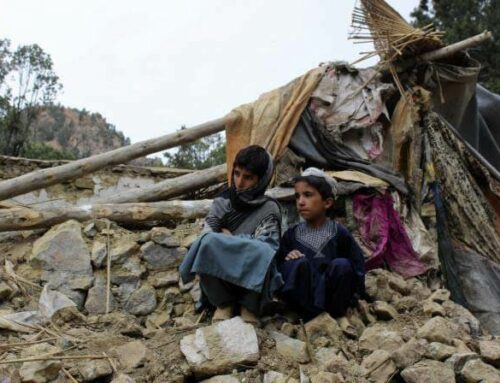
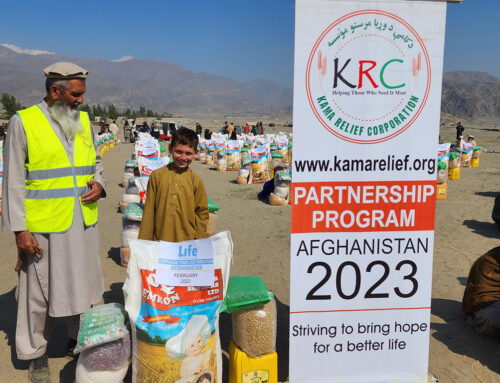
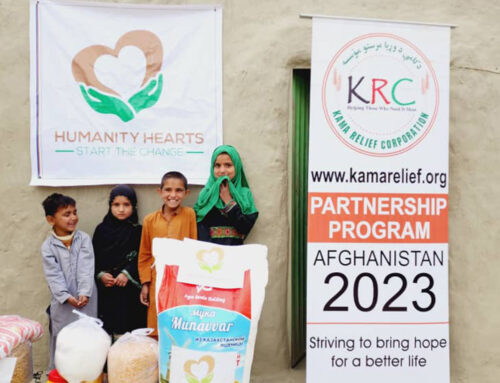
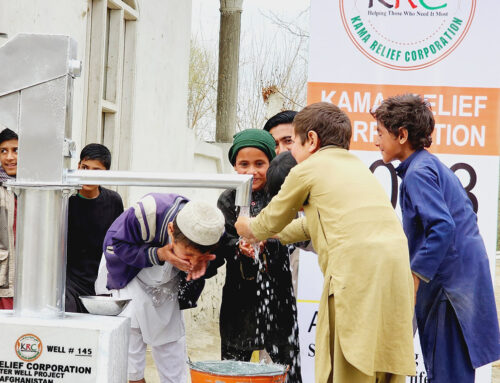
Leave A Comment
You must be logged in to post a comment.